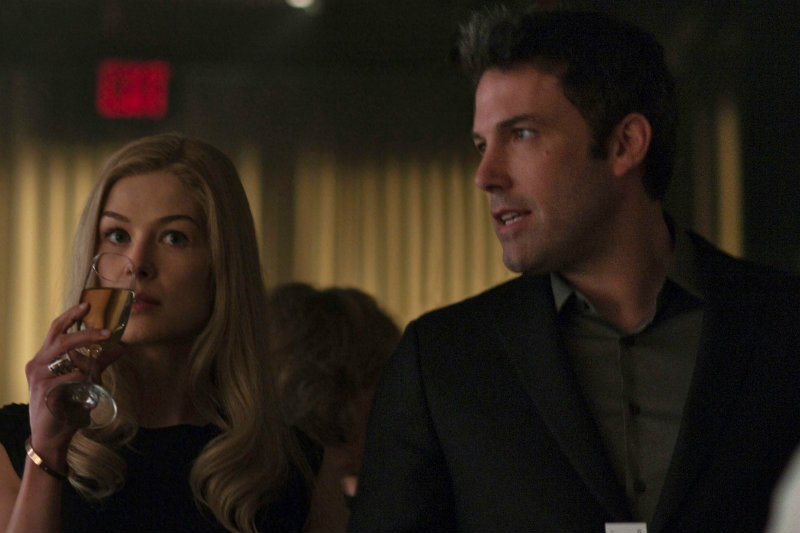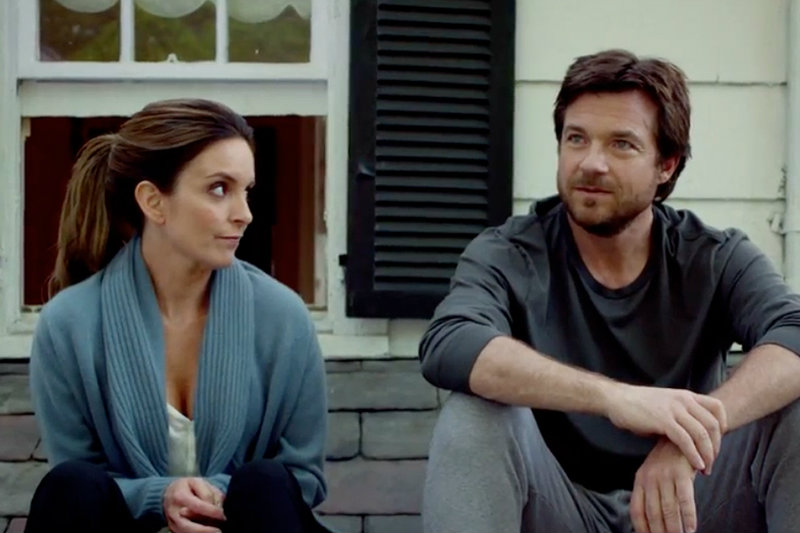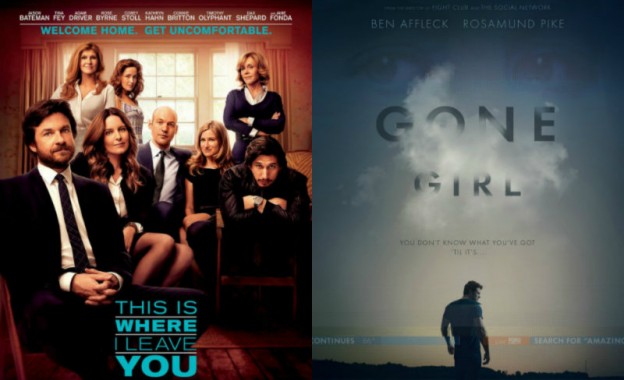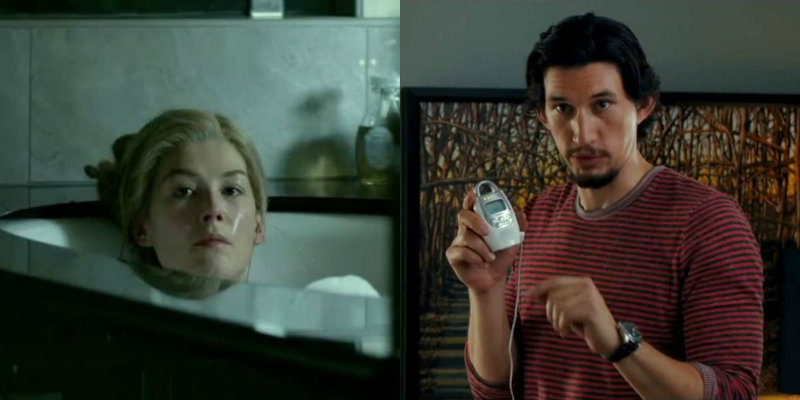The bookshelf has historically been one of the first places Hollywood has turned to for inspiration. Early classics like Gone with the Wind and The Wizard of Oz are just two examples of screenwriters turning popular books into award-winning box office hits, and of course, this trend is as popular as ever, with literary adaptations often considered automatic Oscar bait and franchises like The Hunger Games among the highest-grossing films in recent years. Yet, even with the increasingly high-volume of published works being mined for film ideas, an intriguing trend is developing.
Typically, a studio options the rights to a novel and, within an established period of time, either develops the story into a film…or doesn’t. The projects that do come to fruition bring on a screenwriter (or team of writers) to translate the story into the film medium, and the writer is relatively uninvolved in the production, aside from perhaps some consulting and, naturally, their inevitable credit as the creator of the source material. Exactly how present the writer is with the adaptation of his or her work varies widely, depending on the creative team, the studio and a number of other factors. But, in the case of some recent films, that line of separation between the author and the film hasn’t only blurred, it’s vanished entirely.
Both This Is Where I Leave You and Gone Girl are based on best-selling novels by Jonathan Tropper and Gillian Flynn, respectively, and both were recently turned into successful major studio films. However, more interestingly, these two releases have one other thing in common: they’re both written by the very authors who put the story on paper in the first place. Both are satisfying films (check out the links above for our reviews), but one is a far superior adaptation of its source material. Below we discuss the potential effects that author/screenwriters could have on their own adaptations:
The Good

The most common complaints readers often have when their favorite novel hits the big screen is that the screenwriter simply didn’t grasp the deeper thematic and psychological elements of the story being told. In the case of Gone Girl, fans of Flynn’s novel were up in arms prior to the film’s release merely at the insinuation that the ending had been drastically altered for director David Fincher’s big-screen version. As it turned out, the film – while naturally having to trim some elements for time – managed to distill Flynn’s novel down to two and a half hours without losing as much of the story’s richness.
When the author also pens the script, there is literally no one who knows the story better. Any details or flourishes in the film’s world can be colored by its creator, and as the screenwriter, the author is far more likely to have hands-on involvement with the production. Moreover, some of the book’s signature moments (such as Gone Girl‘s iconic “cool girl” speech) have a better chance at being included in the final cut.
If a best-selling novel is going to be brought to the screen, the author understandably has a stake in the film’s success, and rather than simply cashing in his or her royalty checks, the author may wish to have a hand in developing that narrative for another medium to ensure its accuracy. Graphic novelist Alan Moore (Watchmen, V for Vendetta), for example, has famously refused credit on the film adaptations of his work for year because he feels they don’t represent his stories. Can’t blame writers for wanting a hand in bringing their characters to life.
The Bad

Whereas novels have the ability to delve into their characters’ psyches from one sentence to the next, films operate on a strict “show, don’t tell” approach. Aside from voice-over (still a divisive technique in Hollywood), the big screen doesn’t allow actors to think out loud. Shawn Levy’s film version of This Is Where I Leave You suffers from some of this, as a significant chunk of the film is spent in two-person conversations as characters literally tell each other how they feel. This is not only fails to take advantage of film’s visual medium but risks slowing its pace entirely.
Also, the writer’s grasp of the story at hand may prove invaluable to boosting a film’s chances at capturing its essence, but it also opens up a dangerous alternative. A writer/screenwriter cannot possibly view the project objectively and is therefore far more likely to remain slavishly reverent to the source material. Rather than allowing a film to find its own path to telling the same story, the resulting film is left feeling half-baked and/or disjointed. Think of how Harry Potter and the Prisoner of Azkaban is widely considered among the series’ best, most tightly constructed entries, despite being the first to take significant liberties with J.K. Rowling’s novels.
In the case of This Is Where I Leave You, Horry (Timothy Olyphant) and his mother Linda (Debra Monk) are fully formed characters in the novel, which better explains his brain damage and their complicated past with the Altman family. However, in the finished film, there is little attention or development paid to either of them, making their presence in the film feel haphazard and a third-act revelation involving Linda come across as a last-minute addition. A more experienced screenwriter would have more neatly tied them in or found a way to excise them completely, serving the ultimate quality of the film over the need to incorporate every bit of the novel.
The Ugly (Truth)
While Gone Girl and This Is Where I Leave You are only recent examples of novelists turning to screenwriting, they do exemplify some of the risks and benefits inherent in transitioning writers from one medium to another. Flynn may have proven herself to be the more adept screenwriter of the two; she chooses to trim and adapt the content of her novel to retain its thematic whole rather than sticking to the story as written beat by beat. Regardless of the difference and subjective success of Flynn and Tropper, this is an interesting trend that may allow at least the most high-profile novelists the opportunity to expand into the entertainment world.
Here’s hoping that, as they do, they are able to make the necessary adjustments to their skill set or leave the job to writers with more experience bringing characters to life on the big screen. It may turn out – as can be the case with writing and other art forms – that some novelists simply have a knack for it. In fact, Rowling is currently working on her first screenplay (for Harry Potter spinoff Fantastic Beasts and Where to Find Them), and as far as writers go, few can match her level of success and notoriety. If Rowling proves to be just as gifted a screenwriter as she is a novelist, Flynn and Tropper will likely soon be joined by a slew of other novelists looking to make their way into show business. Stay tuned, folks.


